Age
The risk of having a stroke doubles for each decade of life after age 55 years. While stroke is common among the elderly, a lot of people under 65 years also have strokes.
Heredity and family history

Gender
The risk of having a stroke doubles for each decade of life after age 55 years. While stroke is common among the elderly, a lot of people under 65 years also have strokes.
Heredity and family history
Your stroke risk is greater if a parent, grandparent, sister or brother has had a stroke.

Gender
Stroke is more common in men than in women. However, more than half of total stroke deaths occur in women. At all ages, more women than men die of stroke. Use of birth control pills and pregnancy also raise the risk of stroke in women.
Prior stroke
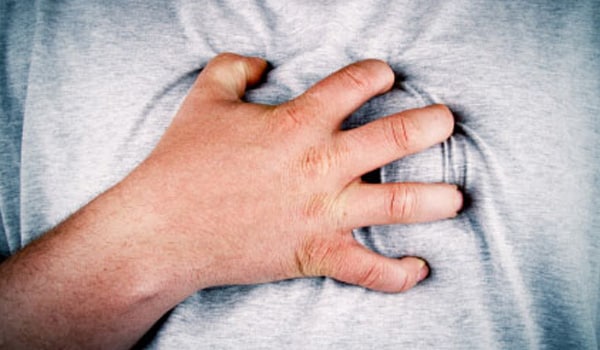
Heart attack
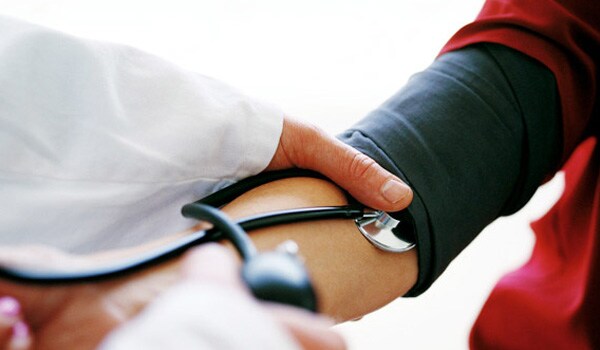
High blood pressure
Prior stroke
The risk of stroke for someone who has already had one is many times higher that of a person who has not.

Heart attack
If you've had a heart attack, you're at higher risk of having a stroke, too.

High blood pressure
High blood pressure is the leading cause of stroke and also one of the most important controllable risk factors.
Smoking
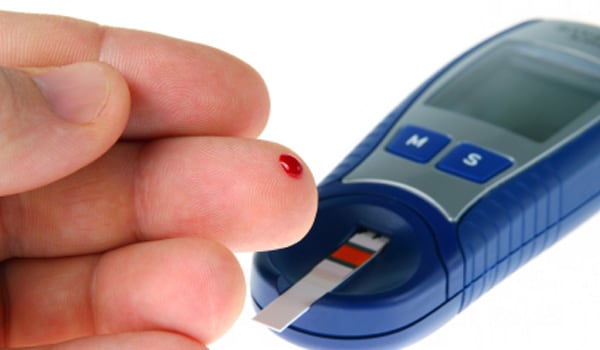
Diabetes
Smoking
Scientific studies have shown that smoking is an important risk factor for stroke. The nicotine and carbon monoxide in cigarettes have the potential to damage the cardiovascular system in many ways. The use of oral contraceptives combined with cigarette smoking greatly increases stroke risk.

Diabetes
Diabetes is an independent risk factor for stroke. Diabetics also suffering from high blood pressure, high blood cholesterol, and obesity are very vulnerable to stroke.
Atrial fibrillation

Atrial fibrillation
Atrial fibrillation is a heart rhythm disorder, which too raises the risk for stroke. The heart's upper chambers quiver instead of beating effectively, which can let the blood pool and clot. If a clot breaks off, enters the bloodstream and lodges in an artery leading to the brain, a stroke results.
Other heart diseases
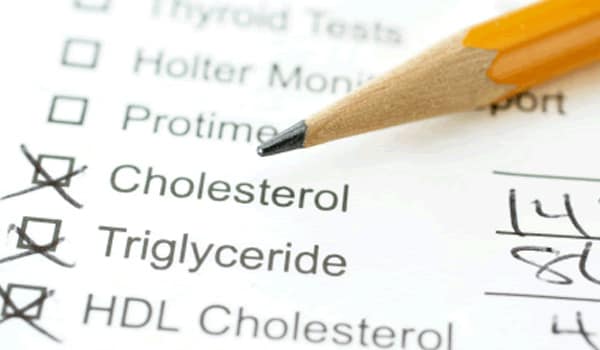
High blood cholesterol

Poor diet
Other heart diseases
People with coronary heart disease or heart failure have a higher risk of stroke than others.

High blood cholesterol
People with high blood cholesterol have a higher risk for stroke than others. Also, it appears that low HDL (“good”) cholesterol is a risk factor for stroke in men, but more data are needed to verify its effect in women.

Poor diet
Diets high in saturated fat, trans fat and cholesterol can raise blood cholesterol levels. Diets high in sodium (salt) can contribute to increased blood pressure. Diets with excess calories can contribute to obesity. Also, a diet containing five or more servings of fruits and vegetables per day may reduce the risk of stroke.
Physical inactivity and obesity
Physical inactivity and obesity
Being inactive, obese or both can increase your risk of high blood pressure, high blood cholesterol, diabetes, heart disease and stroke.
Alcohol and drug abuse
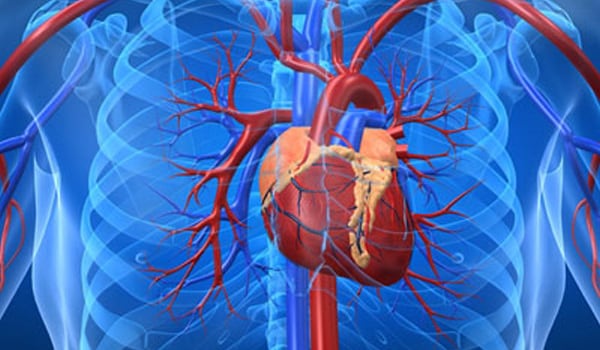
Transient ischemic attacks
Alcohol and drug abuse can lead to multiple medical complications, including stroke.

Transient ischemic attacks
Transient ischemic attacks (TIAs) are "warning strokes" that produce stroke-like symptoms but no lasting damage.
No comments:
Post a Comment